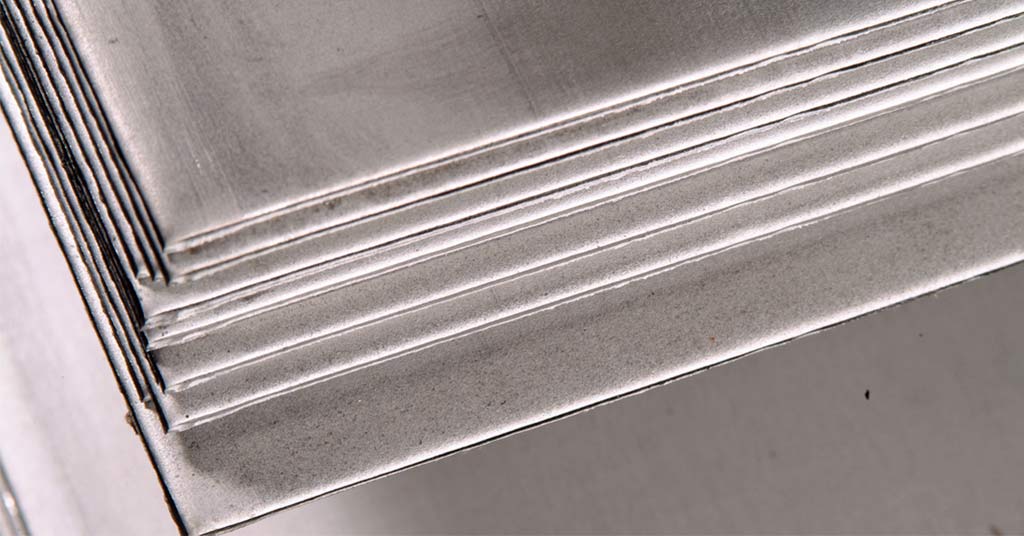Welcome To ChemAnalyst

Europe: The Critical Raw Materials Act (CRMA) of the European Union (EU) has expanded its coverage to include Aluminium, which is crucial for the green revolution and Europe's competitiveness in decarbonisation against the United States and China. The initial exclusion of Aluminium from the CRMA provoked outrage from the industry, with the Federation of Aluminium Consumers in Europe criticizing the EU policymakers for their counterproductive actions. The last-minute addition of Aluminium, as well as its upstream inputs such as Bauxite and alumina, highlights the metal's criticality for Europe's secure supply chain management.
Aluminum is currently the second most widely utilized metal in modern society after steel, owing to its excellent strength-to-weight ratio. With the global shift towards sustainable energy gaining momentum, the usage of this metal is expected to increase significantly in the forthcoming years. The World Bank has recognized Aluminum as a "high-impact" and "cross-cutting" metal in all existing and potential green energy technologies, ranging from solar power to geothermal energy. Additionally, Aluminum is set to play a vital role in reducing the weight of electric vehicles, enabling automakers to maximize the potential of Lithium-ion batteries.
According to recent reports, the global demand for Aluminum is expected to increase by almost 40% to 119.5 million metric tons by 2030. This surge in demand means that the Aluminium sector will need to produce an additional 33.3 million metric tons of metal over the next decade. However, the production of primary Aluminum in Western Europe has been declining steadily due to high energy costs and competition from Chinese exports. Aluminum demand is majorly driven by transportation, construction, packaging, and electrical sectors, which together contribute to about 75% of the total metal demanded. In addition, the Aluminum smelting industry consumes a lot of power, and the energy crisis following Russia's invasion of Ukraine has further impacted the sector.
Europe lost one more 850,000 ton of essential smelter limit between October 2021 and Walk 2022, as indicated by the EU. Some, for example, Alcoa's Spanish plant, will return after new, lower-carbon power supplies are gotten. Some might well stay away forever. European Aluminum utilization found the middle value of simply over 5.0 million metric tons each year over the 2016-2020 period, as indicated by the EU. Import dependence found the middle value of 56% over a similar period, which is a lot of lower than the coalition's 89% import dependence for Bauxite and most likely the justification for why EU organizers didn't initially remember Aluminum for the CRMA.
Notwithstanding, the key distinction is where Europe sources its Bauxite and essential Aluminum. During the 2016-2020 period, Guinea accounted for 70%, Brazil 14%, and Sierra Leone 10% of Bauxite imports.
According to the EU, Russian metal was the dominant supplier of primary Aluminum imports, averaging 33% over a five-year period. Mozambique came in second with 17% of total imports, followed by Iceland with 14%. Although both the US and UK have imposed duties on Russian metal imports, Europe's reliance on Russia for its supply chain has prevented any official European sanctions against Rusal, which is the main producer of primary Aluminum in Russia.
Europe's dependence on Russian supply for Aluminium is causing concern, especially considering the recent tensions between the EU and its eastern neighbour after the invasion of Ukraine in February 2022. If the Russian supply were disrupted, Europe's Aluminium dependence would become even more critical. As a result, Europe has included Aluminium in its critical raw materials list, which is a significant win for the region's Aluminium industry. However, maintaining the bloc's primary smelting capacity, let alone rebuilding it, depends heavily on low-cost power, which is currently in short supply in the EU.
Aluminium producers are facing the challenge of reducing their carbon footprint, with alumina refining and Aluminium smelting accounting for over 90% of direct CO2 emissions in the production process. The use of renewable energy sources, such as solar, wind, and hydropower, can significantly reduce the carbon footprint of Aluminium production. However, the shortage of renewable power is a significant obstacle to achieving this goal. To combat this problem, producers must focus on greater use of renewable energy sources in the primary production of Aluminium. This challenge requires a concerted effort from industry players and policymakers to promote the adoption of sustainable practices in the Aluminium sector.
The EU's Critical Raw Materials Act (CRMA) aims to boost the bloc's self-sufficiency in critical raw materials. To achieve this objective, the CRMA has set ambitious targets for 2030, including 10% self-sufficiency in production, 20% in recycling, and 50% in processing. The CRMA seeks to address the growing concern of an over-reliance on imports of critical raw materials and the associated risks to supply chain security and stability. The scope of the CRMA is expected to be broadened to include more critical raw materials over time. These targets will require significant investments in domestic mining, processing, and recycling industries, as well as the adoption of sustainable practices and innovation in the sector.
We use cookies to deliver the best possible experience on our website. To learn more, visit our Privacy Policy. By continuing to use this site or by closing this box, you consent to our use of cookies. More info.
